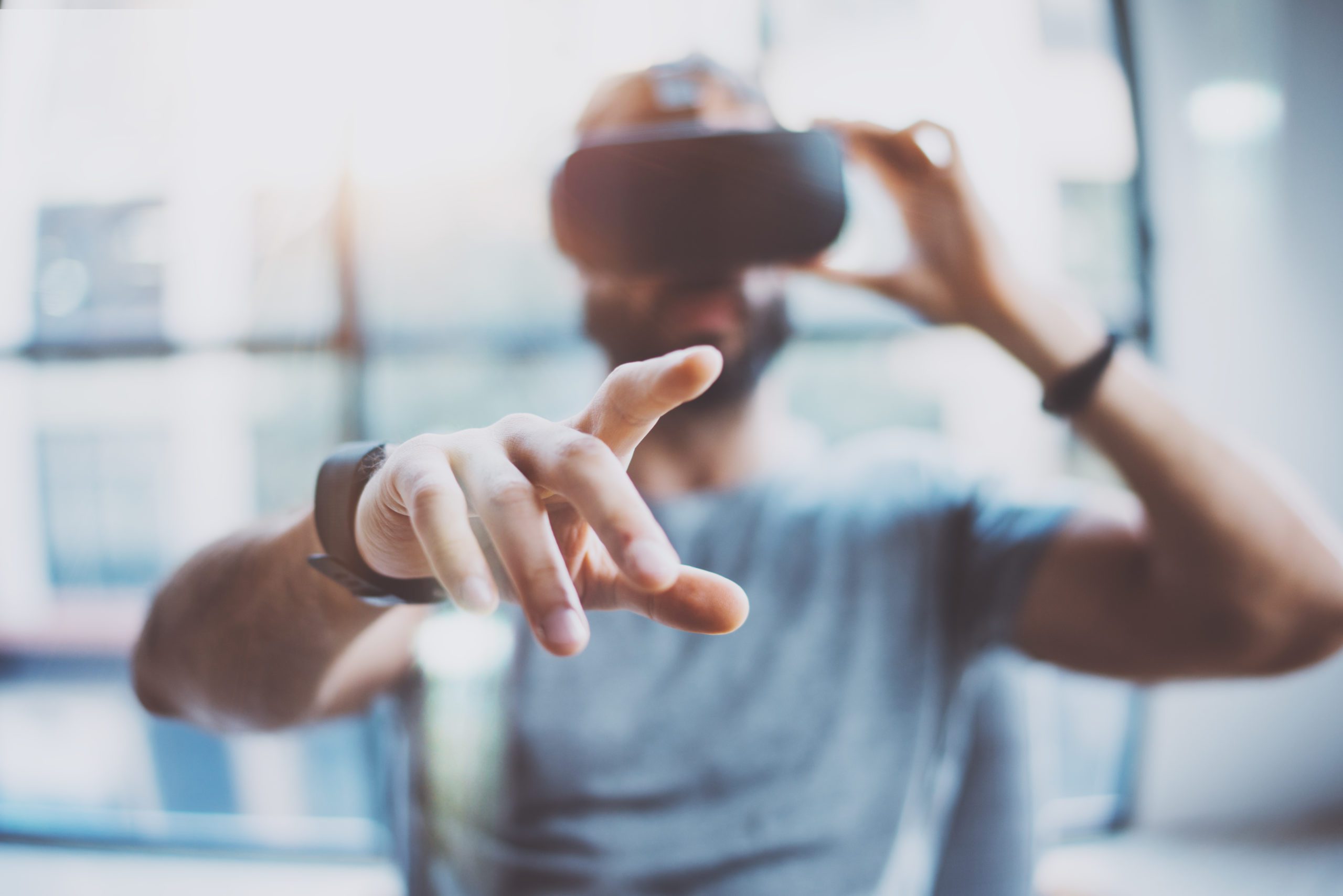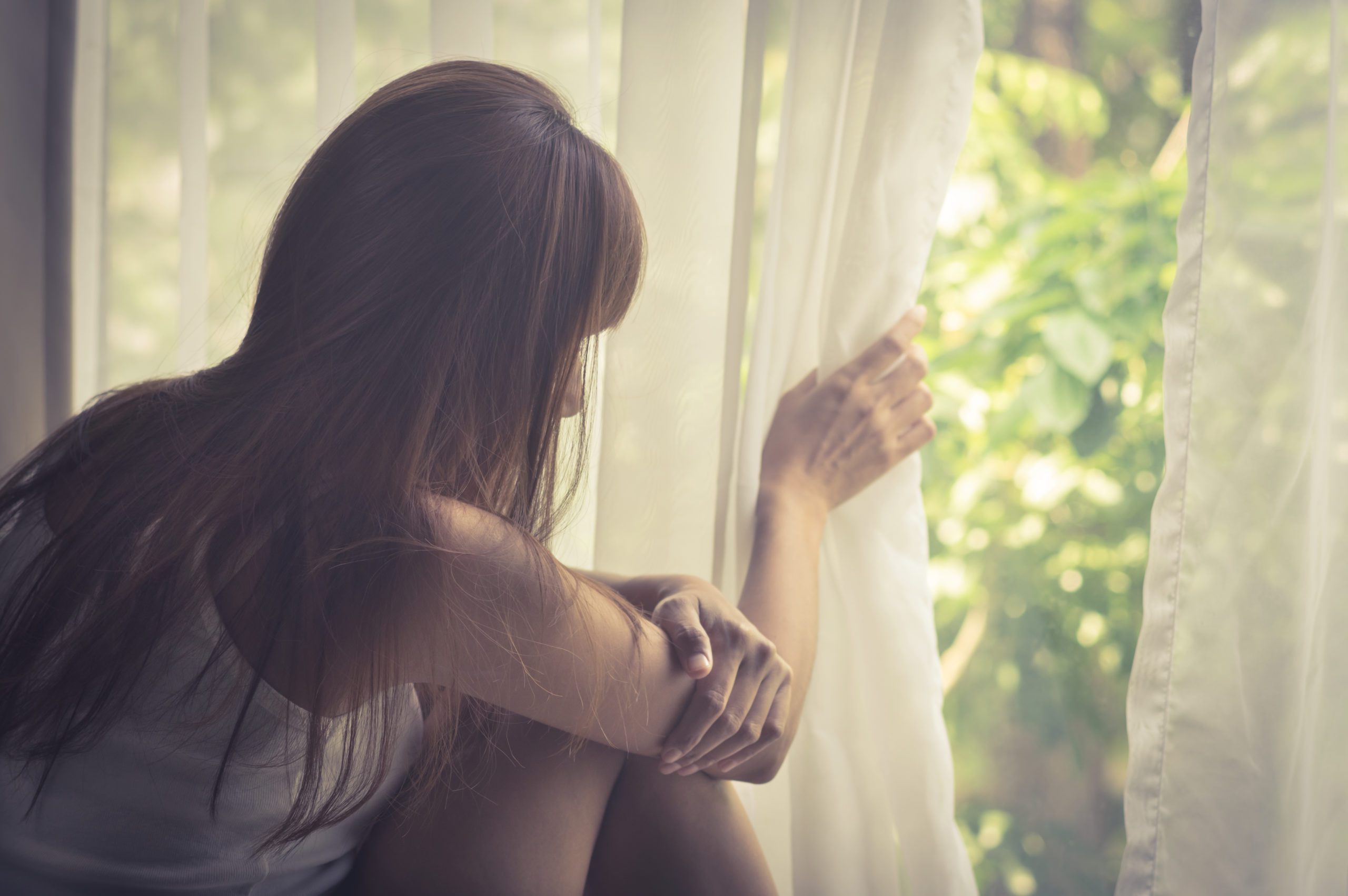As the season of Halloween approaches, we thought now would be an appropriate time to discuss the very real issue of “Fear.” Phobias, anxieties and paranoia are much more common across America than you may realize and for many, they can have crippling consequences. One of the more encouraging stories on this topic came from The Independent and discussed how technology is being used to help people overcome issues that may be plaguing them.
This latest news concerns Virtual Reality (“VR” for short) and the idea that can people can face their darkest fears in a controlled setting. One example given concerns a phobia of heights, which can impede people from working in tall buildings or boarding airplanes. In this scenario, subjects put on VR glasses and are given “virtual challenges” that put them atop high peaks in the safety of a therapist’s office. Counselors are there to guide them every step of the way and can turn off the experience at a moment’s notice.
“A fear of heights is just the most common type of phobia, and one we know a lot of people do not get treatment for despite it impinging on many people’s lives quite a lot,” University of Oxford professor Daniel Freeman told The Guardian. “What is hugely encouraging here is just the size of the treatment effects; it is really very large. And the results with this are very encouraging.”
Freeman has been part of an ongoing study analyzing VR treatment for phobias. Not only is he using it to combat height issues, he is also exploring ways virtual reality can treat depression and schizophrenia. In regards to the height experiment, he tested 100 adults who claimed to suffer from this type of paranoia. Among them, exactly half were given VR sessions two to three times a week. After a period of months, 68% claimed their fears had lessened.
As he explained to The Independent, there was a strict regimen that accompanies each session. For these experiments, coaches would slowly put subjects on different floors of a VR building and ask them to perform activities (such as picking fruit, which is shown below). Pep talks and surveys would be implemented, slowly building people’s confidence as they stepped into higher and higher scenarios.
These certainly sound like encouraging results to us and we are excited to see how this type of treatment progresses. In the meantime, however, we offer our own support systems for those dealing with daily phobias and are more than happy to make ourselves available.




